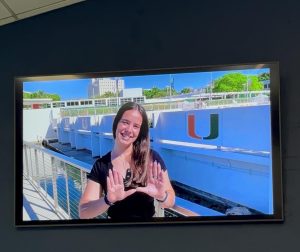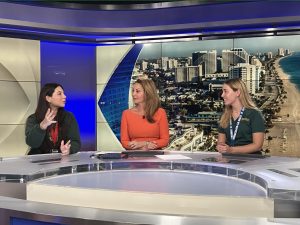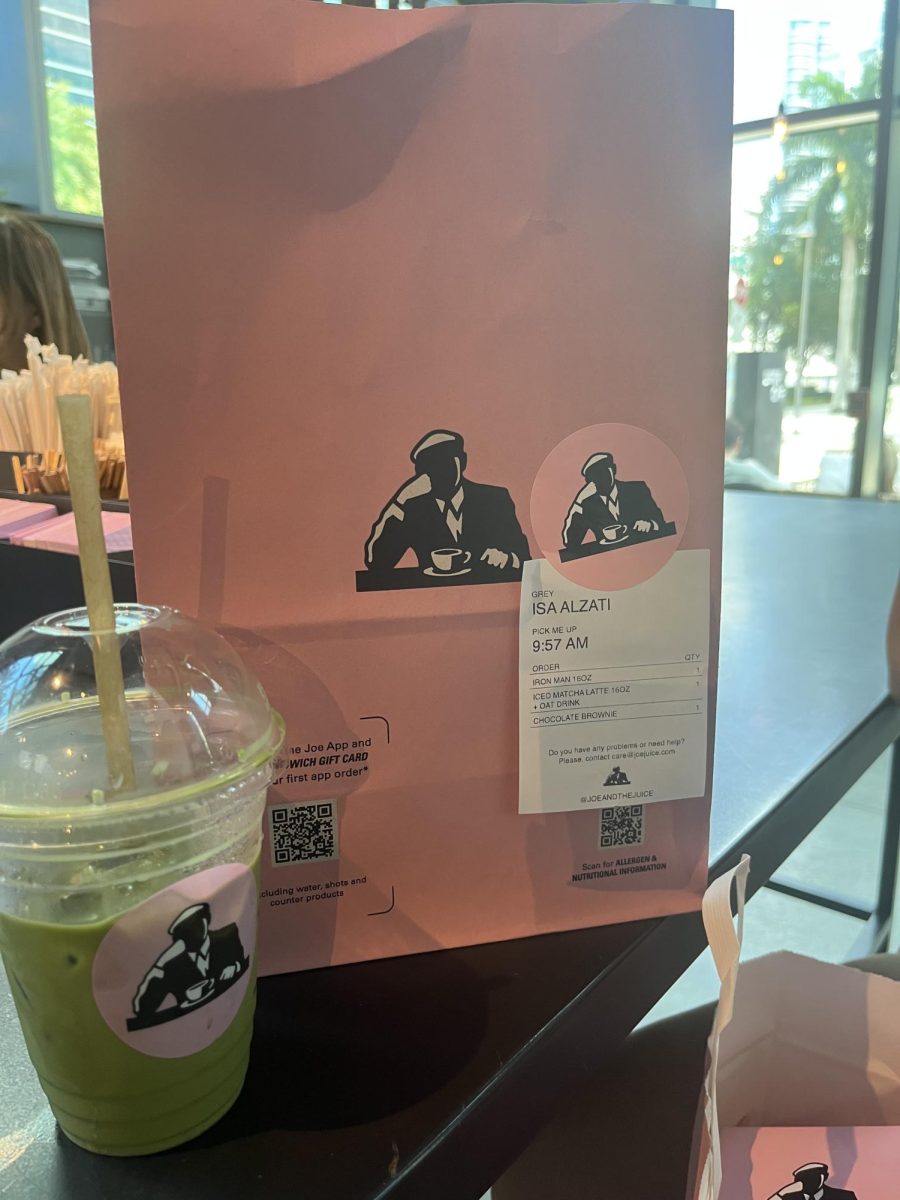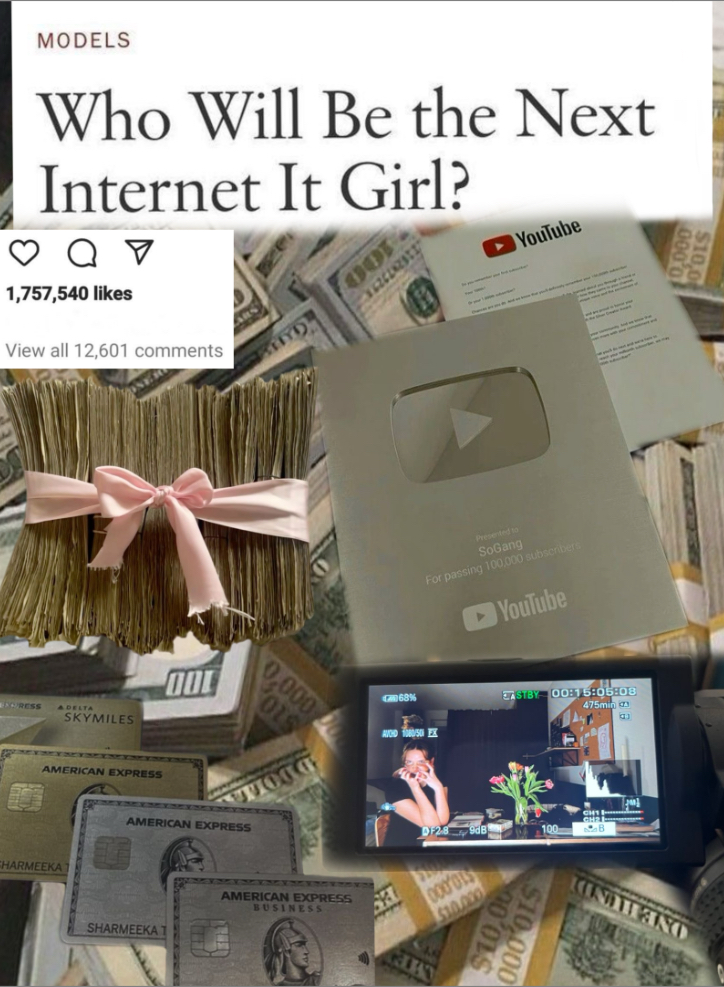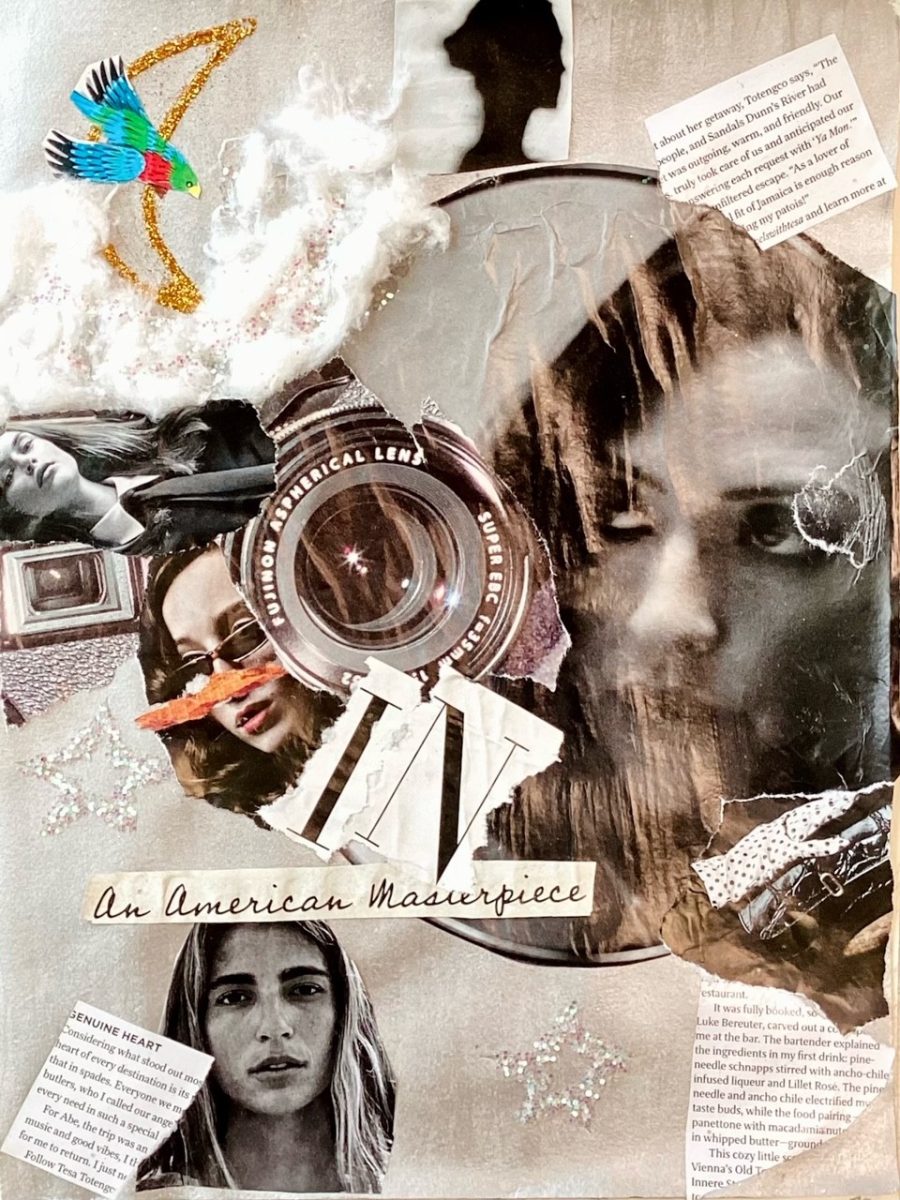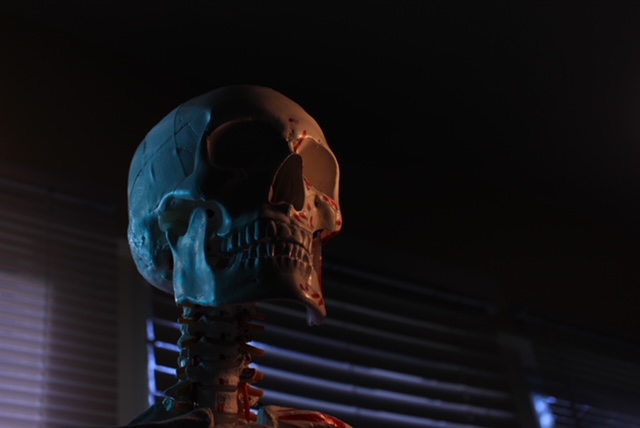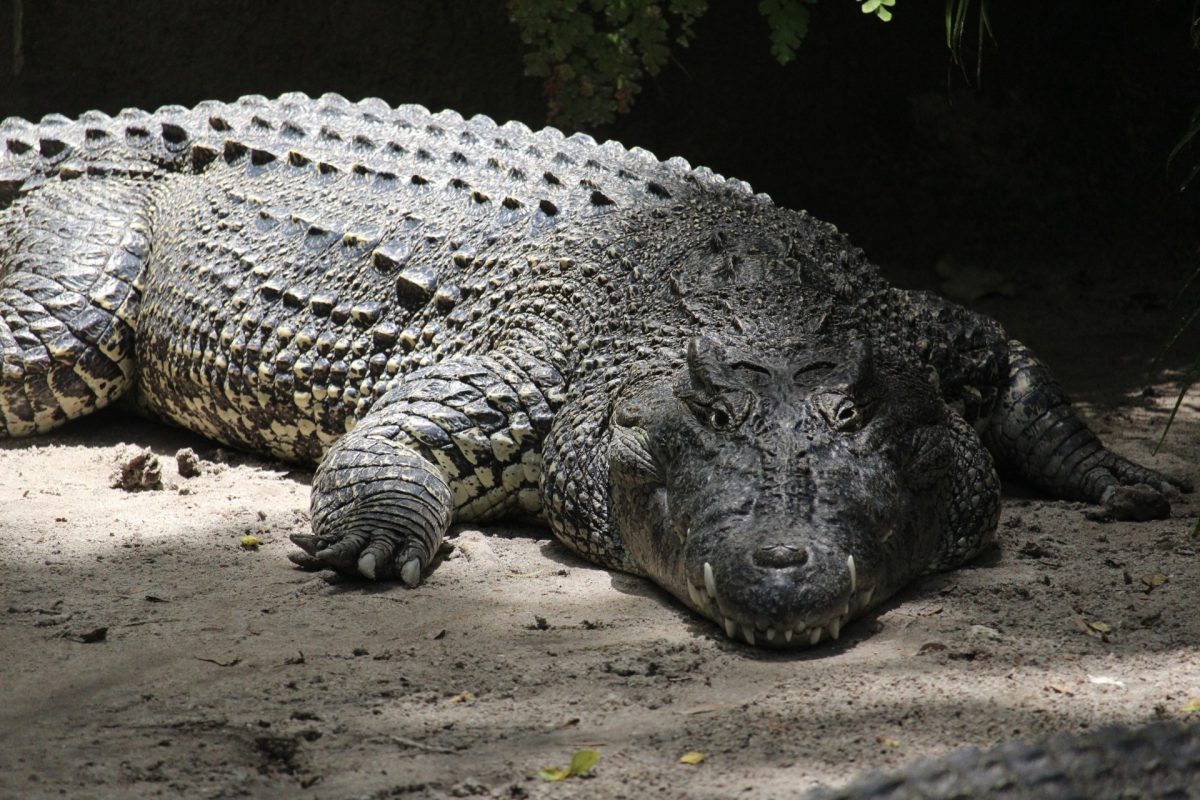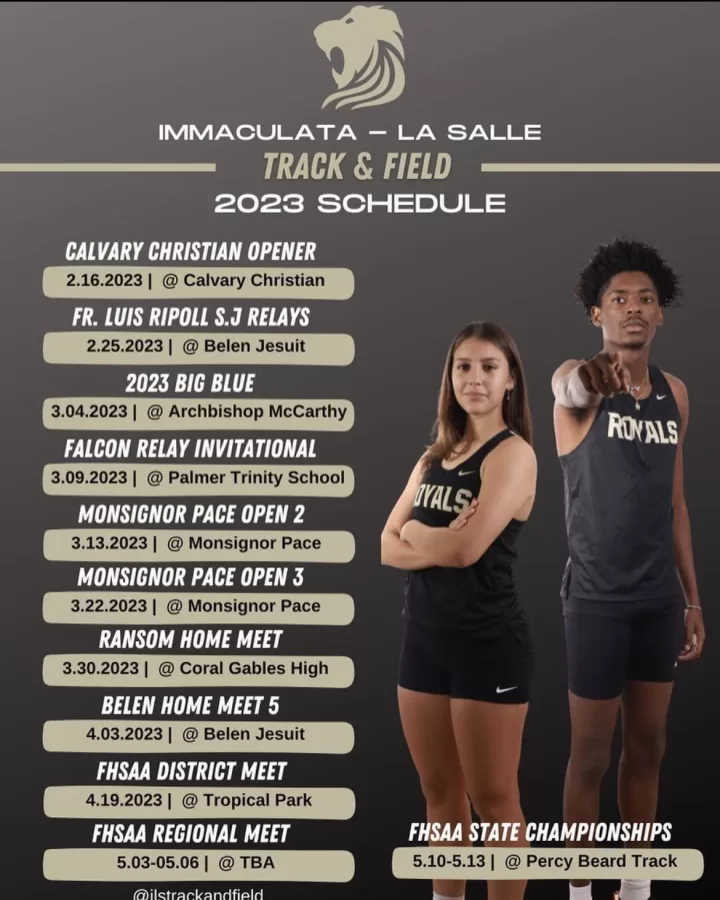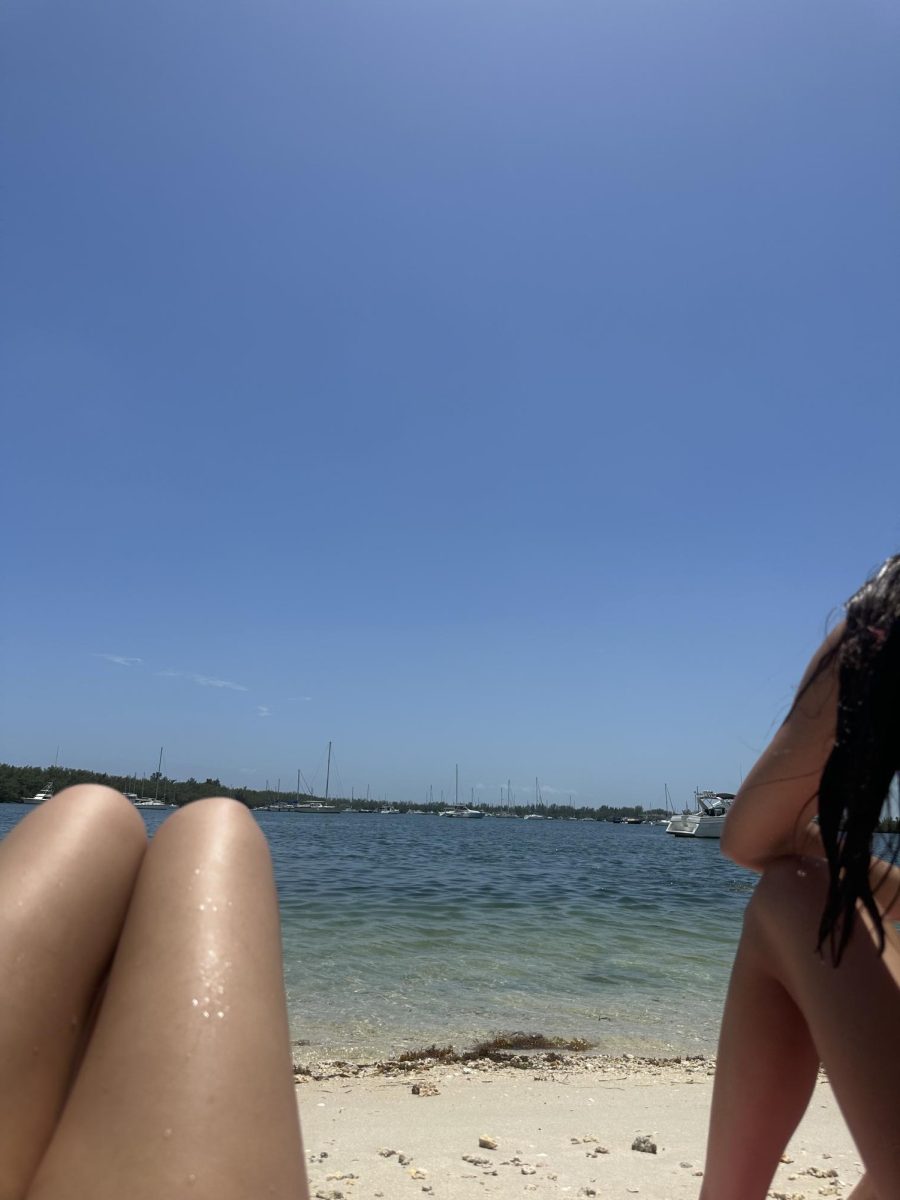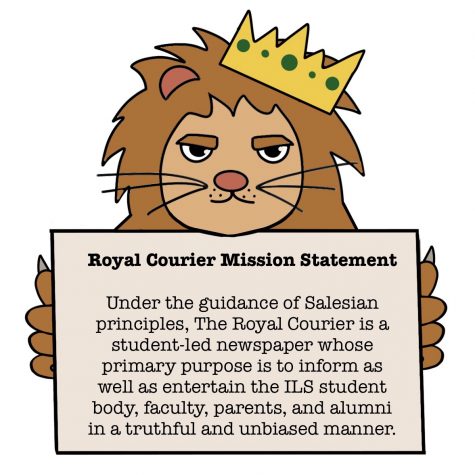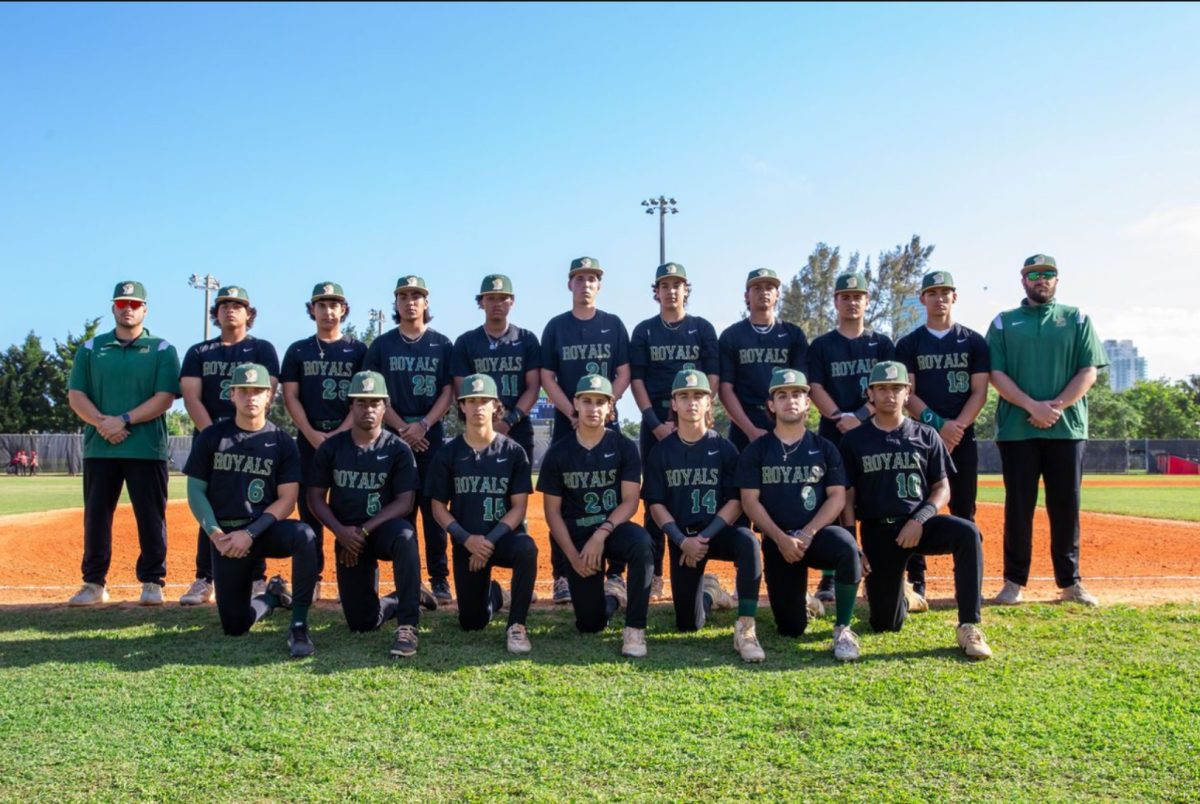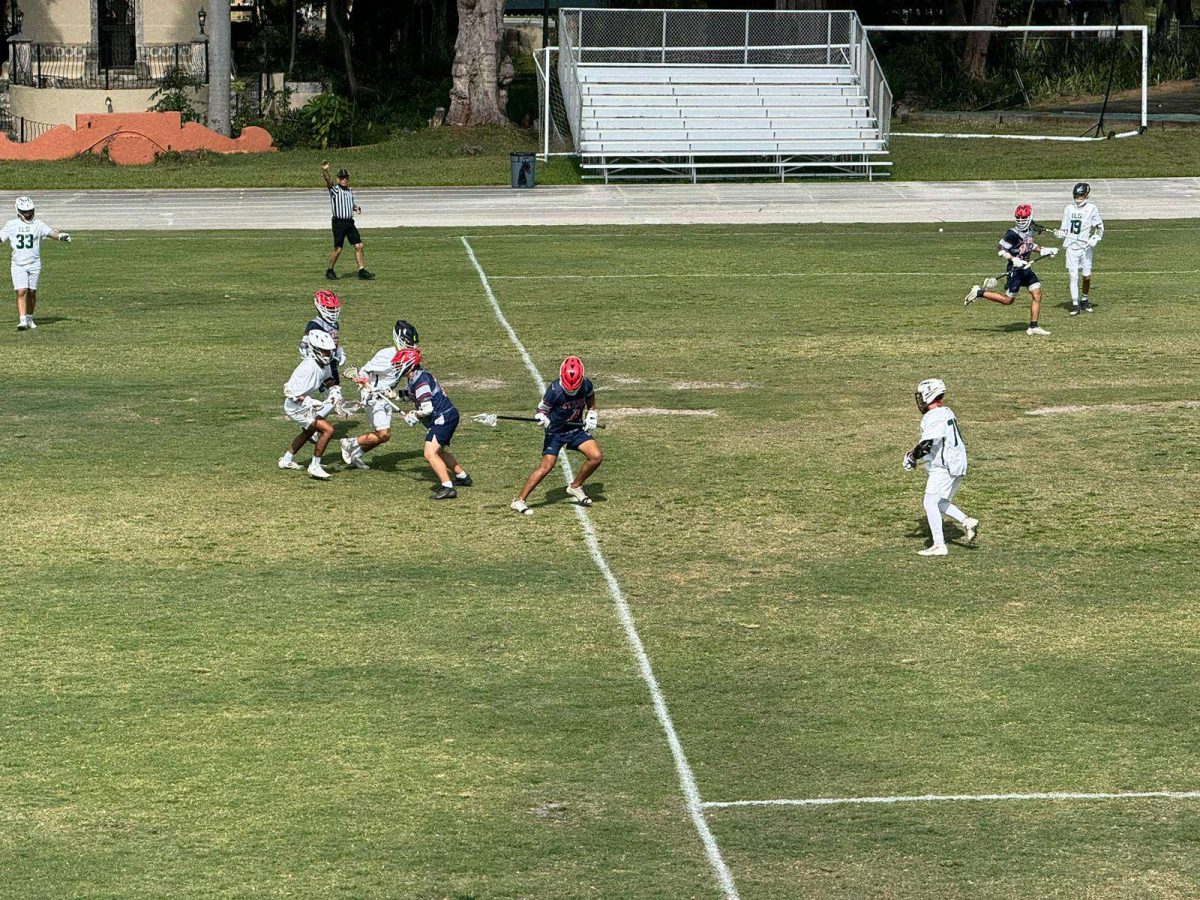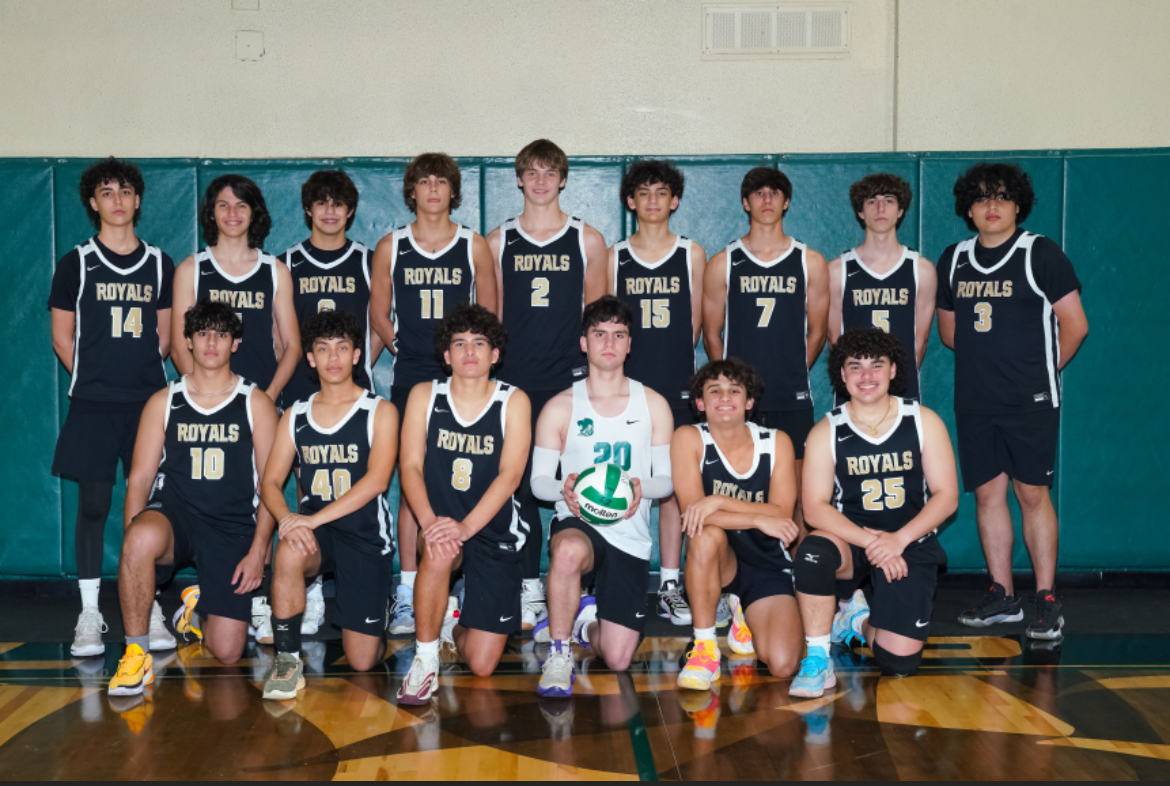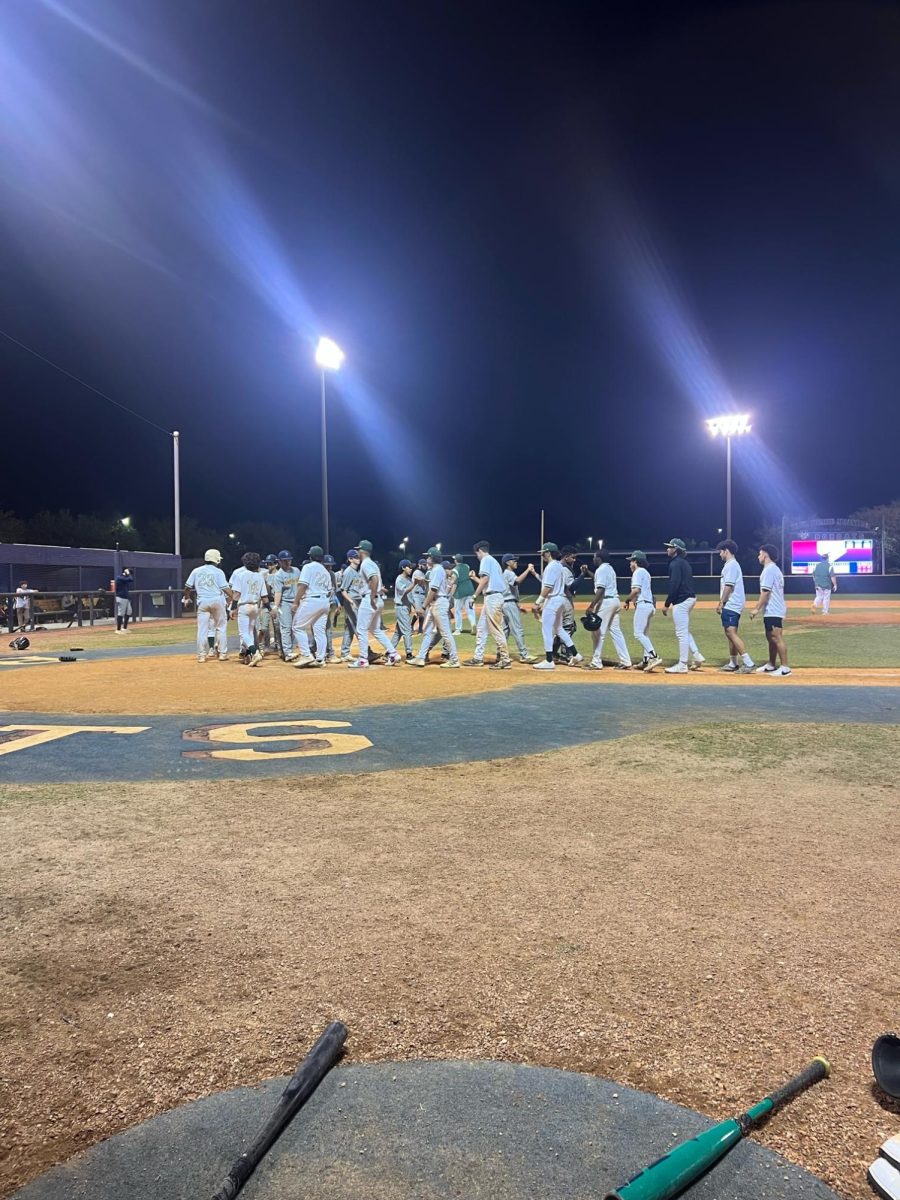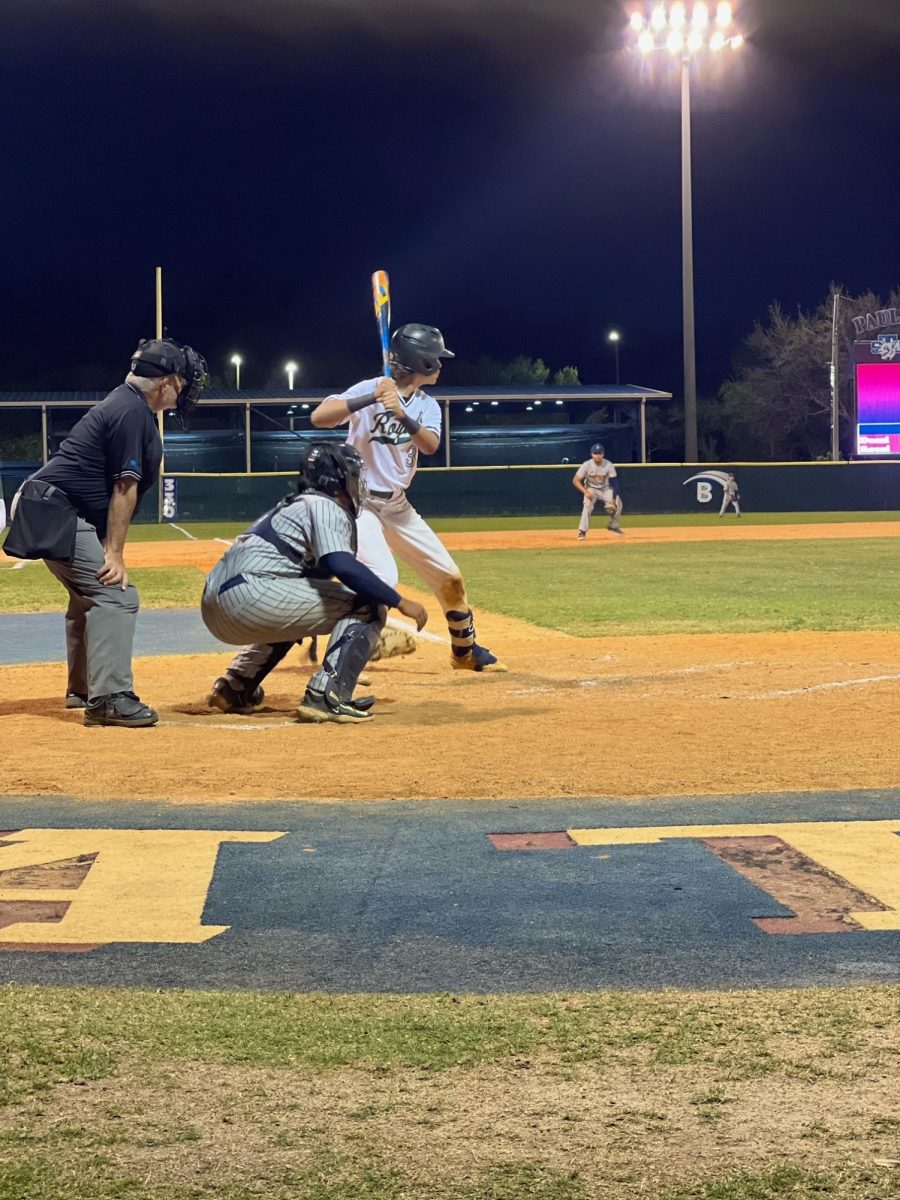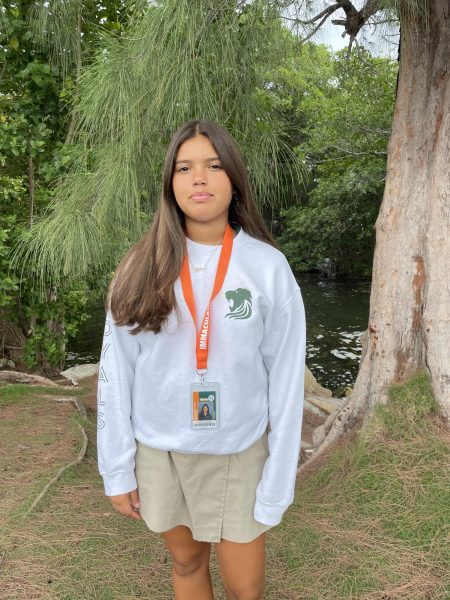With the establishment of Name, Image, and Likeness (NIL) rights for student-athletes, the landscape of collegiate athletics has experienced a profound change.
Whether high school student-athletes should be given similar possibilities has been brought up by this ground-breaking regulatory move.
Florida is at the forefront of this discussion since it frequently pioneers sports law.
Advocates contend that giving high school athletes more access to NIL possibilities would give them financial independence and better equip them for the future.
Opponents, meanwhile, express worries about dangers and moral conundrums. NIL chances for high school student-athletes should be increased, according to those who favor the idea because it would solve the long-standing problem of exploitation in amateur sports. It is no secret that collegiate sports bring in billions of dollars, but historically, student-athletes haven’t received much of that money.
The introduction of NIL rights in collegiate sports gave athletes the opportunity to make money off of their name, likeness, and image, providing them with much-needed financial relief. The extending of NIL privileges to high school players could be seen as an improvement. It would give young athletes with talent the chance to be compensated for their abilities, thereby relieving financial pressure on their families. Additionally, it might equip them with crucial life lessons while preparing them for the financial realities of a professional sports career. NIL possibilities, according to proponents, may encourage high school athletes to prioritize their studies above their athletic careers. Many young athletes today must decide whether to pursue their academic goals or their sporting ambitions. High school athletes’ chances on and off the field may improve if they are given the opportunity to make money from their skills. The path to increasing NIL chances for high school student-athletes, however, is paved with difficulties and dangers. The effects on amateurism are one important worry.
High school sports have traditionally been a bastion of amateur athletics, where the emphasis is on sportsmanship, teamwork, and personal growth rather than financial gain. Introducing NIL rights at the high school level could blur these lines and create an environment where financial incentives overshadow the purity of the game. Additionally, there are serious ethical questions surrounding the exploitation of young athletes. While the concept of allowing high school students to profit from their image and likeness is rooted in empowerment, it could also expose them to unscrupulous agents and individuals seeking to exploit their vulnerability. Ensuring the protection and guidance of these young athletes must be a top priority if NIL rights are expanded. Another challenge is the potential for inequality among high school athletes. Not all student-athletes have the same marketability, and those in high-profile sports like football and basketball may have more lucrative opportunities than athletes in less popular sports. This could exacerbate existing disparities within high school sports programs and lead to jealousy and division among athletes.
Also, the complexity of navigating NIL deals could distract high school athletes from their academic and athletic responsibilities. Balancing school, practice, and the demands of endorsements could lead to academic and personal burnout, undermining the very goals of education and personal development that sports should promote.
The debate over whether Florida should expand NIL opportunities for high school student-athletes is a complex and multifaceted one. While there are compelling arguments in favor of providing these young athletes with financial opportunities and valuable life lessons, there are equally valid concerns about maintaining the integrity of amateur sports and protecting vulnerable individuals from exploitation.




